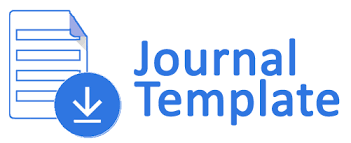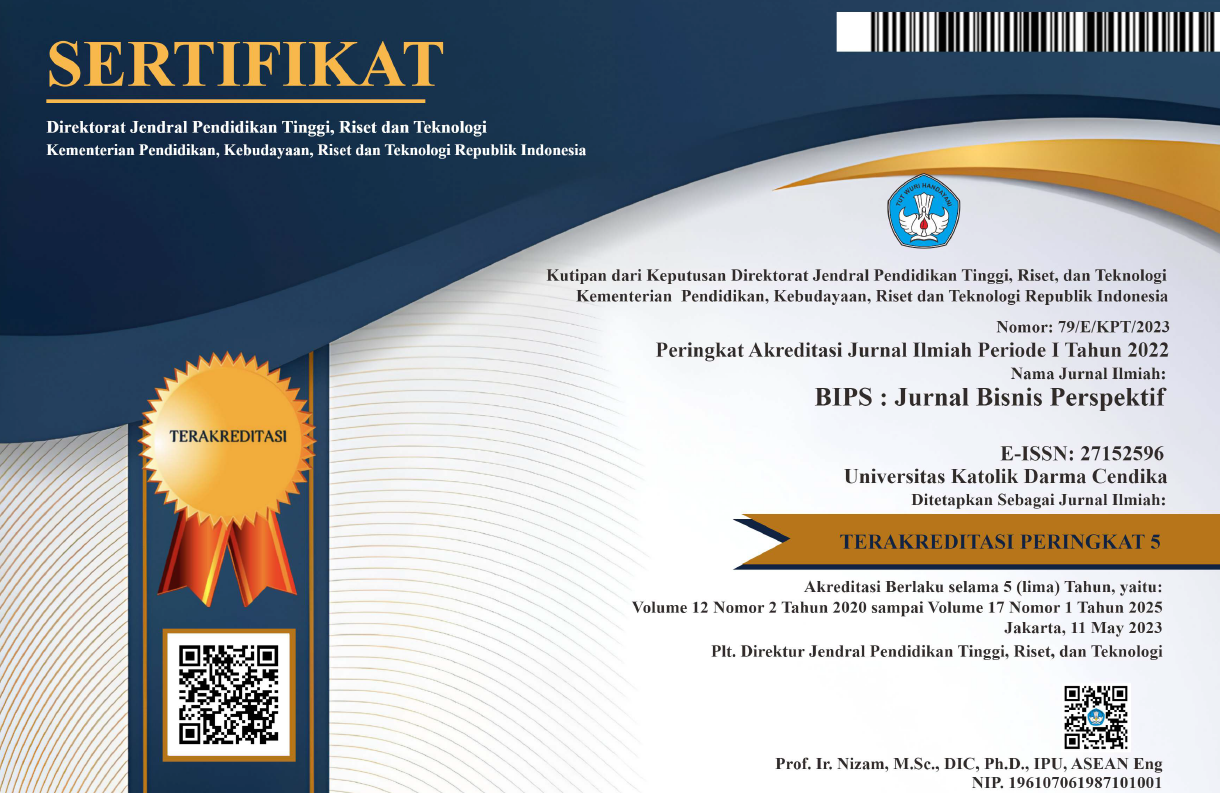Tinjauan Komprehensif Manajemen Laba Kaitannya Dengan Agency Theory Dan Pengungkapan Informasi Keuangan
DOI:
https://doi.org/10.37477/bip.v8i1.34Keywords:
earning management,, agency theory, information asymmetry.Abstract
Earnings management is a conflict of interest between the manager as agent and owner/shareholder as a principal. Where the impact of earnings management behavior will affect reported earnings. Earnings management conducted by the management to utilize accrual accounting policies do because of the uncertainty in the business competition which makes the company dealth with uncertainty fluctuations in earnings. This can lead to management efforts to manipulate reported earnings giving rise to information asymmetry. This is consistent with agency theory is the theory that focuses on the problems that arise between the principal-agent in the separation of ownership and control of the company. In this case due to the flexibility of management to manage the company resulted in the action management to maximize earnings for their own interests or the interests of the company. The results of this study indicate that earnings management and agency theory have interlocking relationships, where the agency problem arises when the principal difficulties to ensure that the agent acts to maximize the welfare of principal. While the disclosure of financial information is an important tool to address the agency problem between management and owners, because it is seen as an attempt to reduce information asymmetry.
Downloads
Published
How to Cite
Issue
Section
License
Authors publishing in this journal agree to the following terms:
- The author retains copyright and grants the journal rights of first publication with the work simultaneously licensed under a Creative Commons Attribution ShareAlike License License that allows others to share the work with acknowledgment of the author's work and initial publication in BIP's: Journal of Business Perspectives.
- Authors may include separate additional contractual arrangements for non-exclusive distribution of the published version of the journal (e.g., submit to an institutional repository or publish in a book), with an acknowledgment of the original publication in this Journal.
- Authors are permitted and encouraged to post their work online (e.g., in institutional repositories or on their websites) before and during the submission process, as it can lead to productive exchanges, as well as citations of previously published work.
Each author is expected to complete the copyright process with a document of the originality of the manuscript, the templated document is below:


7.png)


6.png)
2.png)


